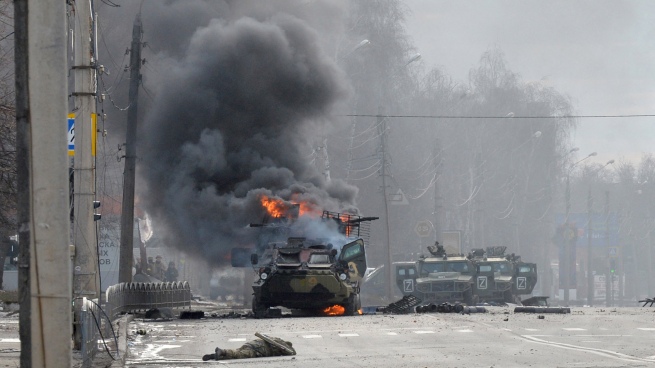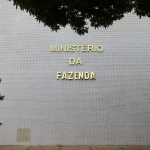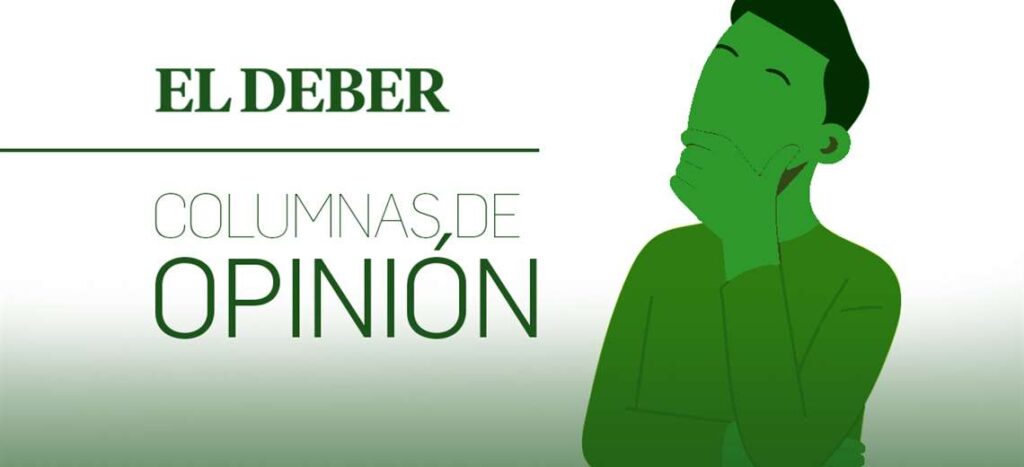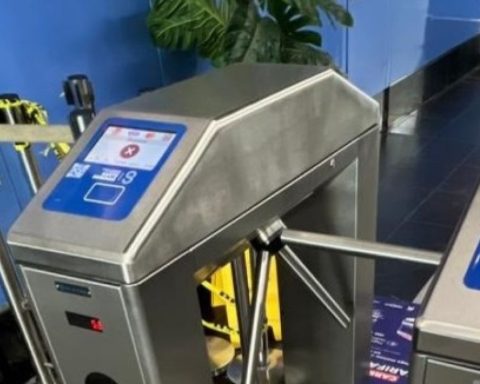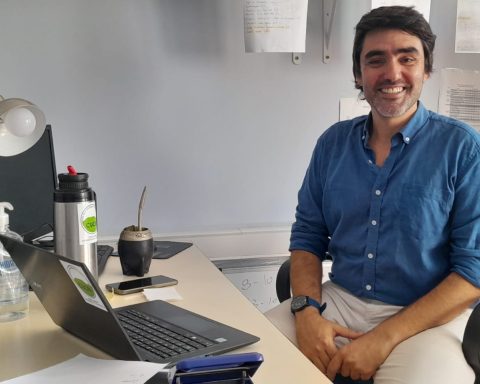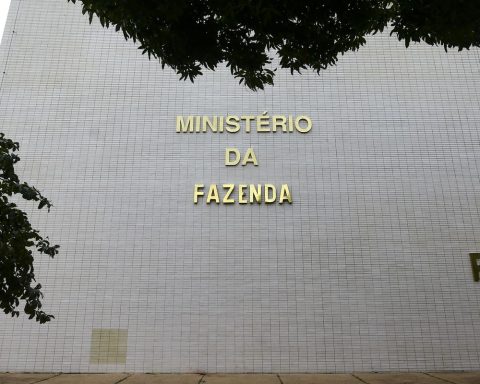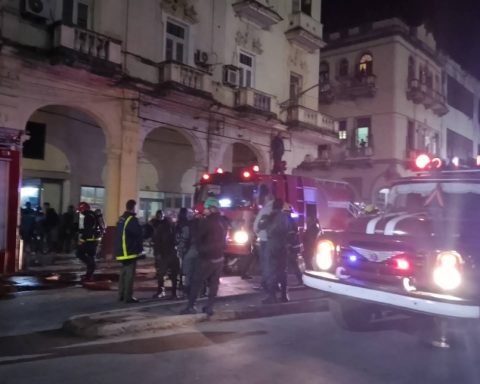Russian President Vladimir Putin ordered this Sunday to put the nuclear deterrence forces on alert in response to what he described as “aggressive statements” by NATO powers over the Russian invasion of Ukraine, on the eve of an expected and first negotiation between both countries from the start of hostilities.
In the meantime, Ukraine and its allies deepened their bet on the pressure of the main organizations of the international community and the sanctions that most of them have been applying to Moscow.
Putin revealed that he ordered the Defense Ministry and the Joint Chiefs of Staff of the armed forces to put the country’s nuclear deterrence forces on “special combat alert.”
“Western countries are not only taking action against our country in the economic sphere but important members of NATO made aggressive statements in relation to our country”, justified the president in a television message.
Russia possesses the world’s second-largest arsenal of nuclear weapons and a huge arsenal of ballistic missiles that form the backbone of the country’s deterrence forces.
“We will not surrender, we will not capitulate, we will not give up a single inch of our territory,” reacted the Ukrainian foreign minister, Dmitri Kuleba, for whom Putin’s announcement is intended to “pressure” Ukraine.
“This is a pattern of President Putin that we have seen throughout this conflict: fabricating threats that don’t exist to justify further aggression,” US government spokeswoman Jen Psaki told ABC television.
Meanwhile, NATO Secretary General Jens Stoltenberg said that Putin’s warning constituted “dangerous rhetoric” and “irresponsible behavior.”

Putin’s announcement came as Ukraine announced that it had finally agreed to talk with Russia on Monday in Belarus, although not in the city of Gomel, as contemplated by the Russian proposal, but in an unspecified place on the Belarusian-Ukrainian border.
“Politicians agreed that the Ukrainian delegation will meet the Russian delegation without preconditions at the border between Ukraine and Belarus, near the Pripyat River”reported the office of Ukrainian President Volodimir Zelensky, according to the AFP news agency.
He added that Zelensky agreed to hold that meeting after the president of Belarus, Alexandr Lukashenko, guaranteed him that his country – an ally of Moscow – will not join the invasion that Russia launched last Thursday.
Earlier, Kiev had denounced the launch of missiles from Belarus against its territory.
Kuleba said that the mere holding of talks is a “great victory”, but that opinion contrasted with that of Zelenski himself: “Frankly, I do not believe much in the result of that meeting, but let them try it,” said the president.
In the meantime, The European Union (EU) decided to block financial transactions with the central bank of Russia, with which it estimated that “more than half of the reserves” of the Russian monetary authority “will be paralyzedsince they are kept in establishments in G7 countries,” said the head of the bloc’s diplomacy, Josep Borrell.
In addition, the EU agreed to allocate 450 million euros to send lethal weapons and ammunition to Ukraine, and another 50 million in fuel and medical suppliesBorrell announced after a videoconference meeting of the foreign ministers of the member countries.

The resolved measures are completed with the coordinated closure of European airspace to Russian airlines and private planes, and with the prohibition of broadcasting within the jurisdiction of the EU by Russian state media Russia Today and Sputnik, which he blamed for spreading “Putin’s war lies.”
At the same time, the UN Security Council resolved that the body’s General Assembly meet this Monday “in an extraordinary emergency session” for the 193 member countries to rule on Russia’s invasion of Ukraine.
The call to the Assembly came after Russia vetoed a resolution promoted by the United States and Albania to condemn the invasion of Ukraine and demand the immediate withdrawal of Russian troops from this country.
On the other hand, the International Court of Justice (ICJ) confirmed that it received a complaint from Kiev against Moscow in order for the court to force Russia to immediately cease the military operation in Ukraine.
As for the war activities themselves, Ukraine assured that it regained control of Kharkovthe country’s second largest city, after Russian troops entered it for the first time on Saturday night.
Kharkov is a city of 1.4 million people located 400 kilometers east of Kiev and just 20 kilometers south of the Russian border.

In that context, the Ministry of the Interior of Ukraine reported that 352 civilians were killed and 1,684 wounded. since the beginning of the Russian invasion. Of them, 14 deceased and 116 injured are minors.
The part added that more than 4,300 Russian soldiers died in the offensive, although this data could not be verified and, on the other hand, contradicts the Moscow version.
“There are dead and wounded, but our losses are much lower” than the Ukrainian ones, said Russian Defense Ministry spokesman Igor Konashenkov, who did not give figures.
